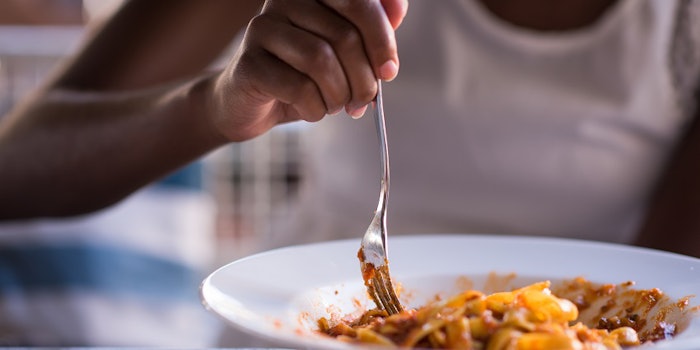
Whether it's from head trauma, middle ear infections or dental procedures, among others, an injury to taste buds can forever change how a person perceive tastes. Once thought irreperable, recent research is shining a light on one possible way of restoring taste buds following traumatic events.
"Think about it phylogenetically. Without taste, if you are in the wild and don't have a grocery store, you are going to die. You can't tell bitter poison plants from sweet, good stuff that is going to give you calories," said Lynnette P. McCluskey, Ph.D., neurobiologist in the department of neuroscience and regenerative medicine at the Medical College of Georgia (MCG) at Augusta University.
A Foundation for Taste Recovery
After receiving a $1.6 million grant from the National Institute on Deafness & Other Communicative Disorders, McCluskey and her team set out to find a novel way to aid in the recovery of the sense of taste. The scientists believed the answer to restoring a sense of taste lies in the manipulation of interleukin-1 (IL-1), a family of cytokines or proteins that promote inflammation and also help regulate neuron proliferation.
Related: Too Stressed to Sense: Modern Life and Our Sense of Taste and Smell
In their work, the MCG team has seen that IL-1, which is active in both neurons and taste bud cells, quickly responds following trauma by signaling immune cells to the location. The team of researchers is now trying to find a way to manipulate the IL-1 signal in specific cell populations at specific times to speed regeneration and recovery.
"It's when you get this massive injury and you basically need to recapitulate the system, recapitulate development, that you need IL-1 signaling," said McCluskey. "Can we put something on those sites that would eventually make them recover even faster and better?"
Research conducted on mice has shown that a taste system can be regenerated within two weeks with nerves re-growing at the right spot on the tongue and connecting with the nerves. However, due to the complexity of human cells, rarely do the taste buds and the nerve connections regenerate correctly after trauma. In research done by McCluskey and her team, they found by delaying the IL-1 signal that the nerve grows back but not at the right place, which results in taste buds not forming. The team of researchers is now investigating if cells are receiving the IL-1 signal and if recovery of taste can even be accomplished without the IL-1 signal.
"There is very little known about how sensory cells regenerate and hook up to the nerve and this is really a critical gap in regaining function," said McCluskey.










